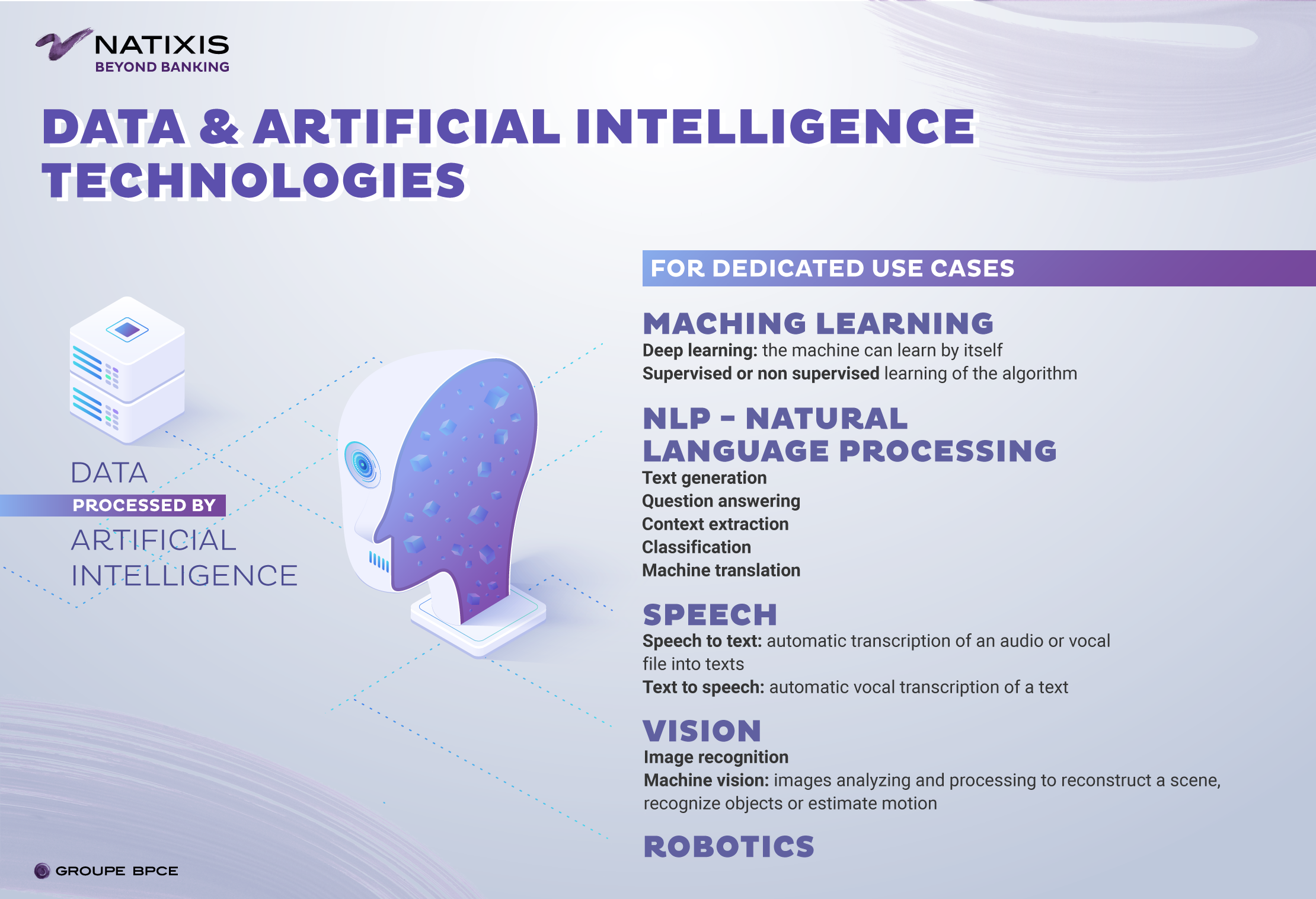When looking at digital trends – notably data science and artificial intelligence, there’s a lot of talks about these technologies within many sectors or industries. But what about asset management? And how do they use these technologies to offer better services to clients and investors?
We are going in-depth with Laurent Danino, Head of Technology & Data Science at Natixis Investment Managers to understand how digital technologies can help to meet the needs of the clients.

LAURENT
DANINO
Head of Technology & Data Science at Natixis Investment Managers
IN A NUTSHELL
- Artificial intelligence and data are useful in many use cases in asset management like creating a personalized funds watchlist for the salespersons or using natural language processing to isolate key parts of information in lengthy clients’ ESG and annual reports.
- In asset management, one can talk about augmented sales. By automatizing some processes, that are usually carried out manually, data & IA help in providing a 360° vision of the clients to the sales department so they can offer the best product at the right time. This approach is called next step best action: the salesperson should be able to support their client bringing added value each time they are in contact so that no time is wasted.
- Digital technology implies a New way of working. We witnessed the salespersons evolution who became more digital-friendly and agile. Technologies have really changed the game. Sales are moving from product pusher to solutions provider.

KEY NOTIONS
-
Data: information, especially facts or numbers, collected to be examined and considered and used to help decision-making, or information in an electronic form that can be stored and used by a computer.
-
Artificial intelligence: the study of how to produce machines that have some of the qualities that the human mind has, such as the ability to understand language, recognize pictures, solve problems, and learn.
-
Natural language processing - NLP: a subfield of linguistics, computer science, and artificial intelligence concerned with the interactions between computers and human language. Challenges in natural language processing frequently involve speech recognition, natural language understanding, and natural-language generation.














